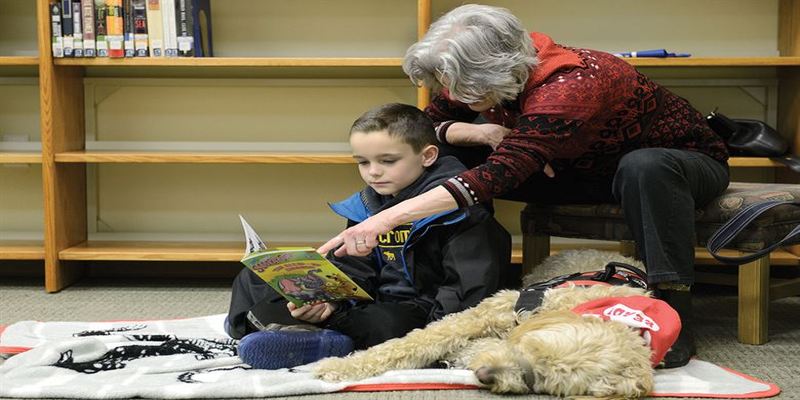
We know that reading is quite important and will help in every area of learning; It increases our (general) knowledge, it improves our speaking and writing skills. It sparks imagination and stimulates curiosity. Let’s also not forget that through reading, we also broaden our vocabulary.
So what do you do when your child would rather watch paint dry than read a book....? A head-scratching question for a lot of parents. How do you get your child to develop the love for reading?
Discuss
First of all, it always helps to get to the bottom of the matter. Whenever we have an issue with or an aversion to something, there is normally something that has triggered it and until that something is dealt with, the issue is not likely to go away.
Have a discussion with your child about what it is that he/she does not like about reading. Once the pain point has been established, it can be addressed.
Exposure
Children that are exposed to books from an early age are more likely to develop a higher affinity to books than children who are not. Start early to get your child interested in books.
Interests
Most reluctant reads will complain about reading being ‘boring’. If that’s the case with your child, start with something your child enjoys. Note: if your child is into cars (for argument sake), you don’t need to go and get an encyclopaedia of cars, as that in itself, could be quite overwhelming for someone who has an issue with reading. Might be an idea to start off watching a documentary/sports programme on cars, discuss the drivers, the owners, the scores etc. You could start with a magazine or newspaper with articles on cars and have the discussion about what was read. You could then progress to books on cars; the different models etc and then move onto stories involving cars. This could be further progressed by looking at other stories where cars don’t play the major role, but still feature in the story.
Read together
This is when you take turns in reading the book with your child. This could be a sentence, a paragraph or a page each. It’s also great way to improve fluency and improve your child’s confidence. Reading can seem like a chore, to a child that does not want to read in the first place. But if the task is alternated, the child feels your support and learns from your fluent reading. Discussions about the story should also be encouraged. This is also a nice activity to do with your child as it also gets 1-2-1 time with you.
Role Model
If you want your child to enjoy reading, you need to do the same. If your child sees you reading, your child will also migrate to the books as well. A good way to do this could be to create ‘reading time’. The screens go off, the books come out, perhaps some low music in the background (so it’s not that quiet).The whole idea would be to create an ambience that would encourage the activity and make it something to look forward to.
Fun
Play games around the activity; this could be anything from words on cards to sentences, to short paragraphs e.g. guess the creature, place, food etc. from a short description, read out to everyone. This can be done at home, in the car, bus, while walking – improvise and use whatever is available at the time.
Daily Life
Make reading part and parcel of the everyday activity. Have your child read the signs on the roads, the instructions on food packs, recipes, directions, wherever possible. Make up an excuse as to why you can’t do it and have your child be the official reader – in a nice way!
Incentives
Incentivise your child by creating a chart where the number of minutes spent in ‘reading time’ is logged. This could be on a minute-for-minute basis where a minute spent reading could be added to TV/computer time. Or the number of hours spent reading every month could be used for an activity involving an outing.
Always remember; reading does not always have to be with reading books – especially for a child that does not like the activity. The key here is to be tactical, creative and be able to improvise, in terms of the material used.
Leaders are Readers has a great Reading Programme which can help your child embrace reading. Contact us to find out more.